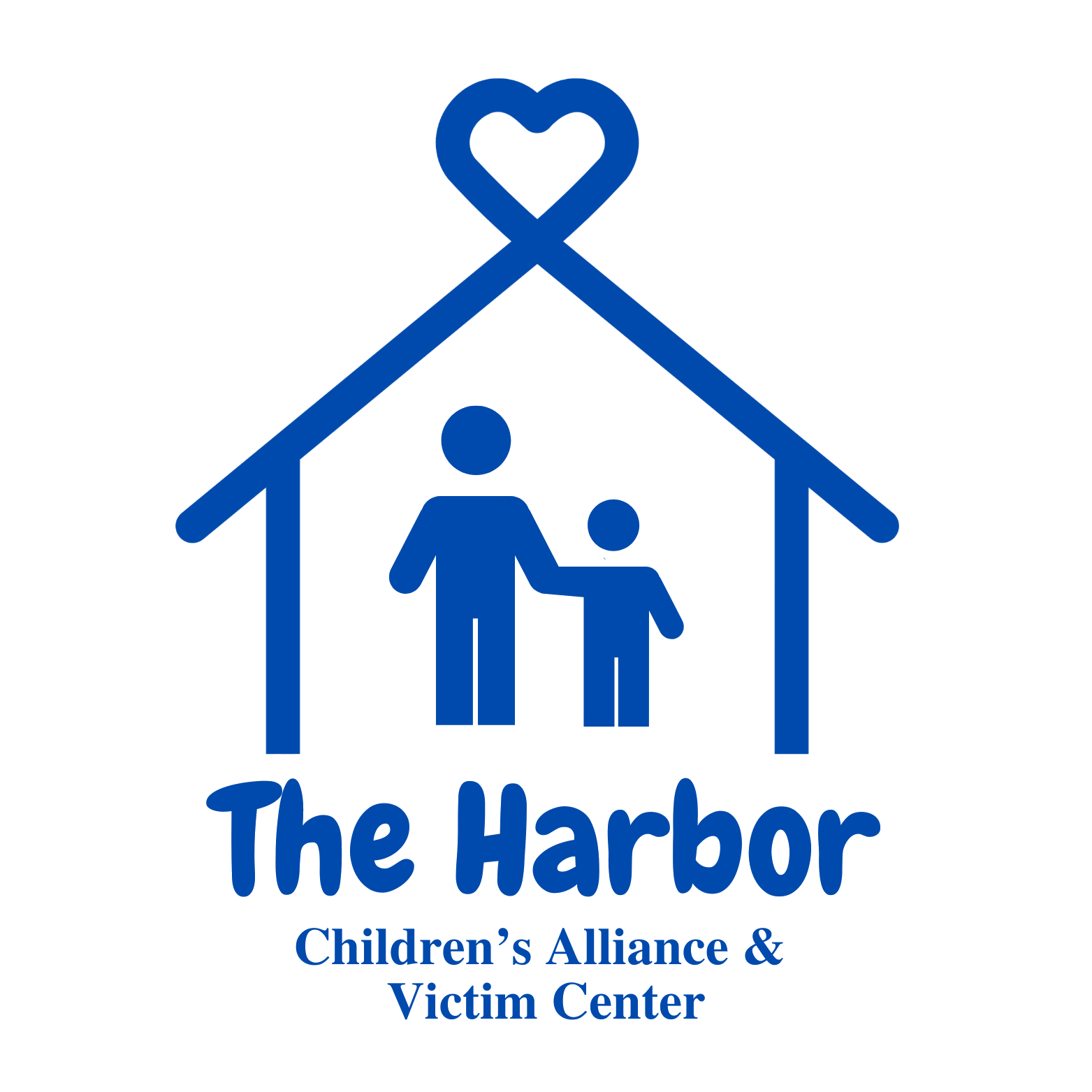Child Abuse Services in Port Lavaca, TX
Children’s Services
The Children’s Services program provides services for the most fragile of those impacted by sexual,physical and domestic violence. Within the center we provide child recreation while families are here for a Forensic interview, counseling or meeting with our partner agencies. Within the program, we assist families with back to school school supplies and various other resources to help both the child and parent navigate through the criminal justice process and on the road to healing.
Forensic Interviews
A fact-finding conversation conducted by a specially trained Forensic Interviewer. The interview is designed to provide the child an opportunity to talk about the reason for their visit to the CAC. The Forensic Interviewer strives to make the child feel as comfortable as possible while gathering information for investigative agencies. Questions are asked in a non-leading manner and at pace that is comfortable for the child.
Multi-Disciplinary Team
The Harbor partners with state and local agencies throughout our county to improve outcomes for children who have experienced a traumatic event. These partnerships include state and local police, Child Protective Services, county and district court officials, and more. Together, we’re able to not only help children in the immediate aftermath of a traumatic event–but throughout their lives.
On Site Therapy
Counseling services are offered to adults and children that have been directly or indirectly affected by abuse. We provide trauma-focused cognitive behavioral therapy for children and non-offending guardians. These sessions help children and their families develop strategies for dealing with destructive effects of early trauma.
We work with survivors who have a range of victimizations from childhood to current day. Our goal is to equip them with the coping skills and interventions needed to heal throughout their journey.
Family Advocacy
The Family Advocate Team is committed to guiding and educating
families through each step of the investigation, prosecution and healing process. As each case goes through the investigation, prosecution and healing process, the team is there to help the family understand the process, learn about their rights, and successfully access resources that will help their family during crisis.
Clients receive information and referrals. Our dedicated advocates will accompany victims and their families for medical exams, court preceding and provide support when talking with law enforcement.
Signs of Child Abuse
SIGNS OF PHYSICAL ABUSE
- Has unexplained injuries, such as burns, bites, bruises, broken bones, or black eyes
- Has fading bruises or other noticeable marks after an absence from school
- Seems scared, anxious, depressed, withdrawn, or aggressive
- Seems frightened of his or her parents and protests or cries when it is time to go home
- Shrinks at the approach of adults
- Shows changes in eating and sleeping habits
- Reports injury by a parent or another adult caregiver
- Abuses animals or pets
SIGNS OF NEGLECT
- Is frequently absent from school
- Begs or steals food or money
- Lacks needed medical care (including immunizations), dental care, or glasses
- Is consistently dirty and has severe body odor
- Lacks sufficient clothing for the weather
- Abuses alcohol or other drugs
- States that there is no one at home to provide care
SIGNS OF SEXUAL ABUSE
- Has difficulty walking or sitting
- Experiences bleeding, bruising, or swelling in their private parts
- Suddenly refuses to go to school, activity or relative’s home
- Reports nightmares or bedwetting
- Experiences a sudden change in appetite
- Demonstrates bizarre, sophisticated, or unusual sexual knowledge or behavior
- Becomes pregnant or contracts a sexually transmitted disease, particularly if under age 14
- Runs away
- Reports sexual abuse by a parent or another adult caregiver
- Attaches very quickly to strangers or new adults in their environment
EMOTIONAL MALTREATMENT
- Shows extremes in behavior, such as being overly compliant or demanding, extremely passive, or aggressive
- Is either inappropriately adult (e.g., parenting other children) or inappropriately infantile (e.g., frequently rocking or head-banging)
- Becomes pregnant or contracts a sexually transmitted disease, particularly if under age 14
- Runs away
- Reports sexual abuse by a parent or another adult caregiver
- Attaches very quickly to strangers or new adults in their environment


